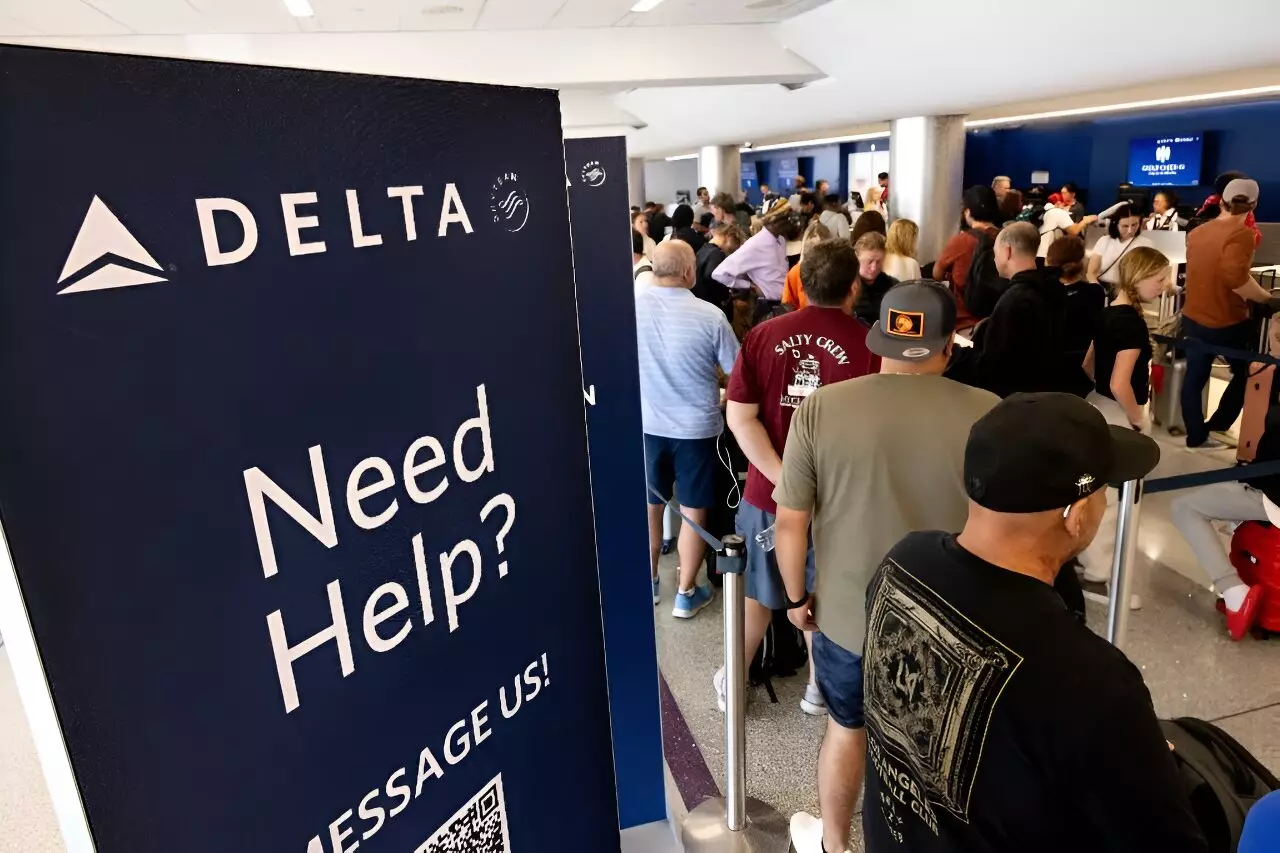

The recent major IT crash that caused chaos for airlines, banks, TV channels, and financial institutions led to a surge in online conspiracy theories. These theories spread quickly on social media platforms, illustrating the chaos that ensues in the information ecosystem after a significant global event.
The influx of baseless conspiracy theories on platforms like X, formerly known as Twitter, highlighted the ease with which misinformation can spread in today’s digital age. False narratives linking global elites to cyberattacks and fearmongering about “World War III” gained traction, creating a sense of fear and panic among internet users.
Social media platforms have played a significant role in the rapid dissemination of conspiracy theories during events like the recent IT crash. By removing guardrails that once contained the spread of misinformation, these platforms have allowed unverified and unsubstantiated claims to gain widespread attention.
The proliferation of conspiracy theories poses a challenge in combatting misinformation, especially during times of crisis. With reduced content moderation and the reinstatement of accounts known for spreading falsehoods, tech platforms struggle to control the spread of fake news and conspiracy theories.
The spread of online conspiracy theories has led to a decline in trust in traditional sources of information. People are increasingly inclined to believe wild conspiracies rather than factual information, contributing to the volatile nature of the information ecosystem.
The incident of the global IT crash and the subsequent spread of conspiracy theories underscore the need for better strategies to combat misinformation. It is essential for tech platforms, news organizations, and individuals to critically evaluate the information they encounter and rely on reputable sources for news and updates.
The prevalence of online conspiracy theories in the aftermath of major global events highlights the challenges posed by misinformation in the digital age. By understanding the impact of misinformation and taking proactive measures to combat it, we can strive towards a more informed and resilient society.
In the world of pharmaceuticals, innovation often hinges on finding new compounds that can lead…
In the heart of the Amazon basin, drastic climate changes present an alarming reality that…
Air fryers have rapidly surged in popularity, captivating home cooks and culinary enthusiasts alike. When…
In an era where technology and social media reign, the importance of sleep often takes…
In an era where environmental consciousness is paramount, the maritime industry has long been scrutinized…
Radionuclides, often relegated to discussions surrounding nuclear energy and radioactive waste, have far-ranging implications for…
This website uses cookies.